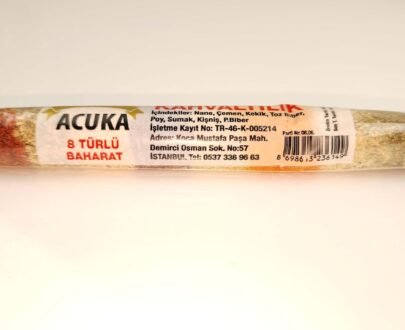- You have no items in your shopping cart
- Subtotal: 0 $
Lycopodium clavatum (Local name wolf’s paw herb) for the liver, urinary and digestive disorders
Price range: 3 $ through 26 $
Lycopodium clavatum (Local name wolf’s paw herb) for the liver, urinary and digestive disorders
Consult your herbalist before use.
Benefits:
Kidney sand is good for bladder cramps.
It is very useful in liver cirrhosis.
When you wrap the cramped areas, the cramps are resolved very quickly.
It heals wounds caused by lying down in patients who have been lying down for a long time.
It is useful for liver inflammation and swelling in the liver tissue.
Wrapping the plant externally gives good results in cases of urinary retention.
It is good for gout and rheumatism patients.
It is useful for chronic hemorrhoids and those suffering from constipation.
Usage :
Tea: Brew 1 teaspoon of herb in 200 ml hot water for 3 – 4 minutes. Drink 1 cup in the morning on an empty stomach.
Spore: There is an oil called rhizinus inside the seeds. It is crushed into milk powder at a ratio of 1/10 and taken 3 times a day, one-third of 1 teaspoon.
Pillow: 100 – 300 grams are placed in a pillow, pressed on the aching or cramping area, and kept all night.








Customer reviews
Reviews
There are no reviews yet.
Write a customer review